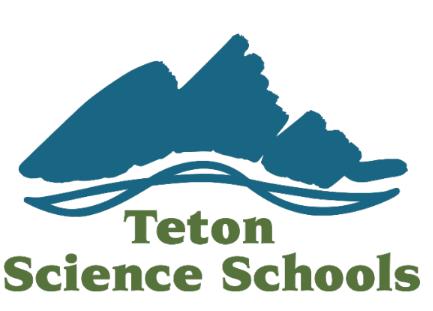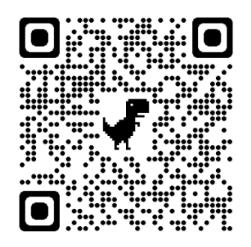










This year, Professional Learning continues to build partnerships with schools, educational organizations, and colleges across the country.
We marked a significant step forward for our programs, as we refined our theory of change to better align our initiatives with the outcomes that matter most to our students, educators, schools, and communities. By reflecting on past successes and integrating and strengthening ongoing initiatives, we’ve developed a clearer roadmap that guides our decision-making and helps us evaluate our progress. This portfolio captures the impact of these efforts, using both stories and data to show how our work is making a real difference. We organized the sections based on the range of impacts we are seeing in our work.
Our Professional Learning team and place-based education programs have been at the heart of these positive changes. For students, we’ve seen increased engagement and new opportunities for leadership. Educators are reporting higher job satisfaction and stronger connections with their students, while schools are seeing improvements in academic performance. Communities are benefiting too, with students leading local projects that strengthen ties and create meaningful change. These examples and data points highlight how place-based education is transforming educational environments, fostering thriving communities, and making a lasting impact on the lives of those we serve.
Read on for more information about our recent successes.
Sincerely,
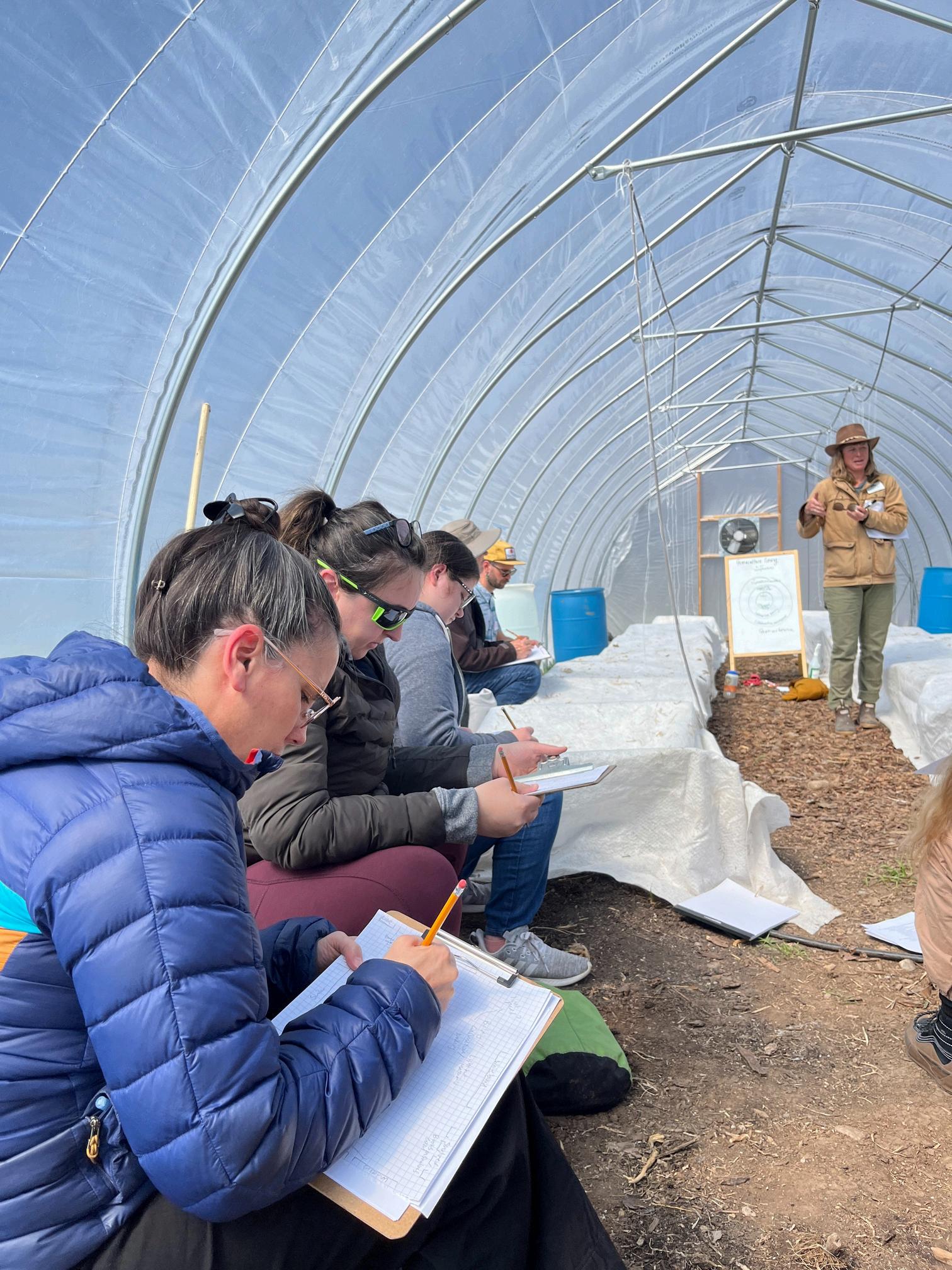
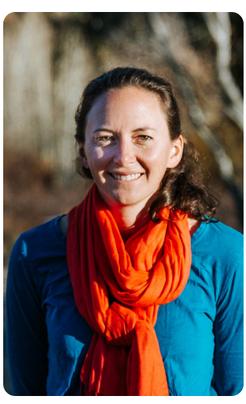
Leslie LeslieCook
Head of Professional Learning
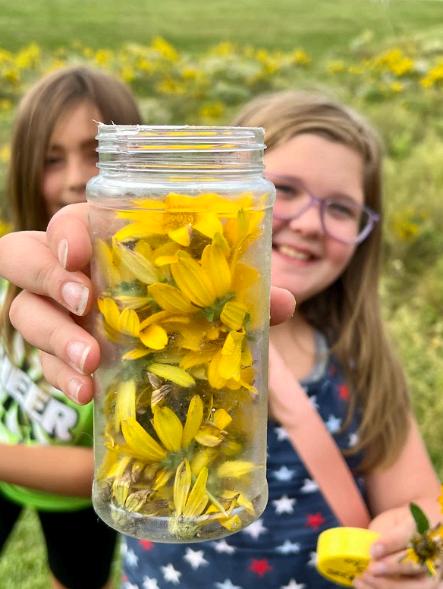
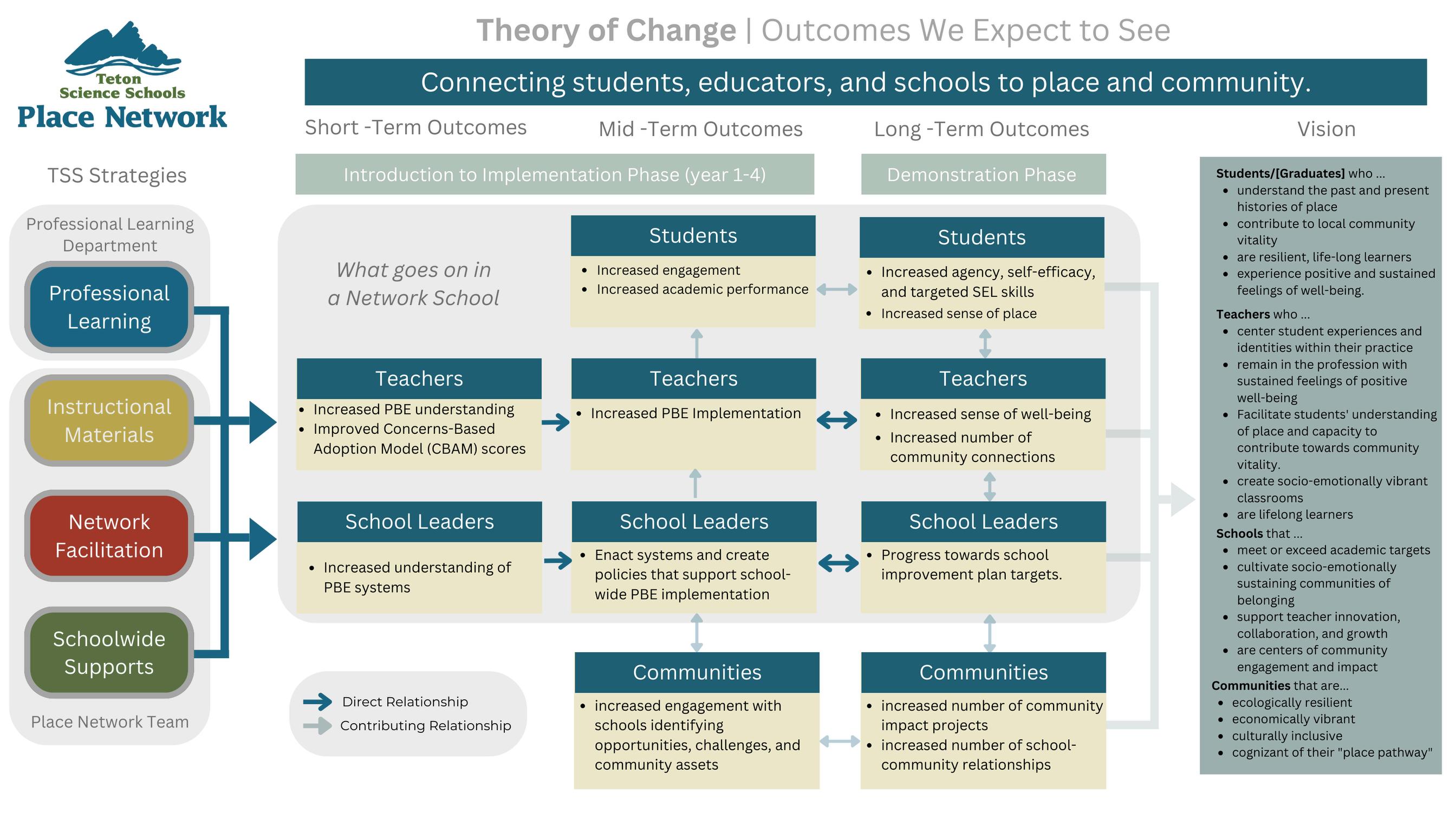
During 2023-24, The Professional Learning team revised our theory of change. This essential document outlines how our activities link to desired outcomes, serving as a roadmap for both decision-making and program evaluation.
By analyzing past experiences and successes as well as aligning with ongoing initiatives, we refined our expected outcomes for four main stakeholder groups:
students, teachers, schools, and communities.
The following sections of this portfolio detail the impact, both through data and stories, of our work with each of these four stakeholder groups. Through these rich examples and evaluation data, we showcase how the Teton Science Schools’ Professional Learning Team and place-based education efforts are making a meaningful difference.
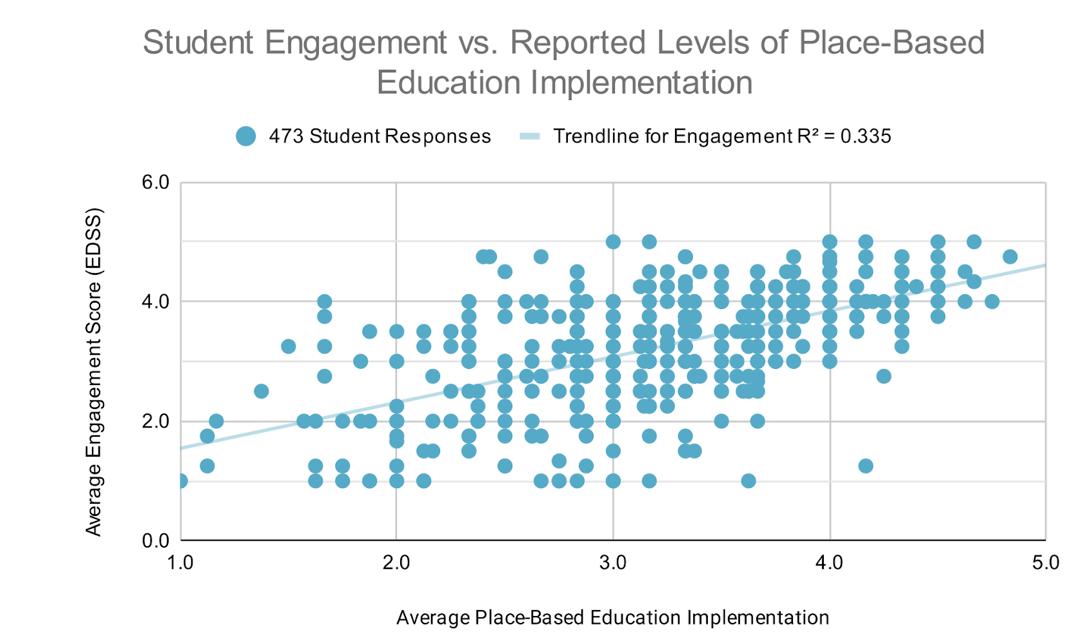
Our Professional Learning initiatives empower educators to effectively incorporate place-based education strategies, fostering a wider range of beneficial outcomes for students In particular, these outcomes reflect increasing engagement in academic experiences through place-based learning We gather evidence of this impact through students’ experiences and achievements.
New data from Teton Science Schools' Place Network Spring 2024 evaluation surveys indicate a positive relationship between student reports of their experience of place-based learning and their reported engagement. In other words, when students experience more place-based education, they also report being more engaged in what they are learning. The data comes from over 450 students in third through twelfth grade across nine of our Place Network schools in the U.S. and Canada.
Evidence of these outcomes shows up in stories of impact from across our student populations. This report includes just a few examples of how these positive identified outcomes are present in student learning.
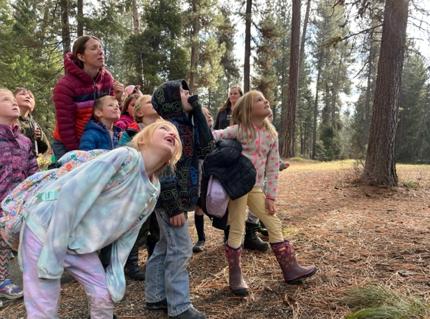

In the Student Leadership Committee, student representatives from Place Network schools collaborate with other students from across the network. The students meet as a committee four times during the school year to share what they are working on and discuss ideas for new projects.
Having students connect across the country—sharing their place-based projects and challenges—continues to be a highlight of the Place Network.
In April, 2024, students from seven schools virtually presented their place-based projects as a part of the Place Network Spring Conference. These students presented to a group of thirty educators from across North America who attended the conference on the Teton Science Schools Jackson Campus. While this setting and audience might have been intimidating, the students excelled as they described projects that included collecting supplies for a local homeless shelter, designing a school recycling program, and partnering with a local nursing home.
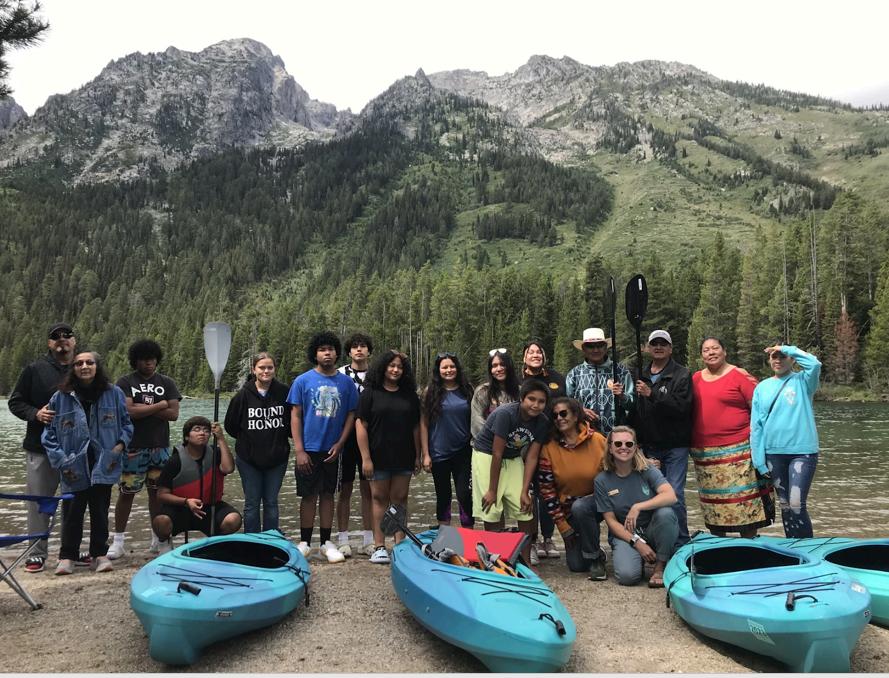
A group of young Native leaders attended a week-long trip to Grand Teton and Yellowstone National Parks in August, 2023. Organized by Indigenous Youth Voices, the trip included thirteen youth from the Wind River and Pine Ridge Reservations, and five elders and teachers from Native Nations. While on the program, the group toured Yellowstone National Park with Wildlife Expeditions of Teton Science Schools, visited String Lake, and rafted in the Snake River. The youth and elders stayed at the Kelly Campus of Teton Science Schools.
“We are taught at a young age that we use our medicinal plants during our ceremony times – cedars, sage, red willow and other elements – and every tribe has their own elements of what they use for medicinal and ceremonial practices. So we understand at a young age how important the earth is, we call animals our relatives.” - Lynnette Grey Bull, founder of Indigenous Youth Voices
To read more about this program, check out this article:
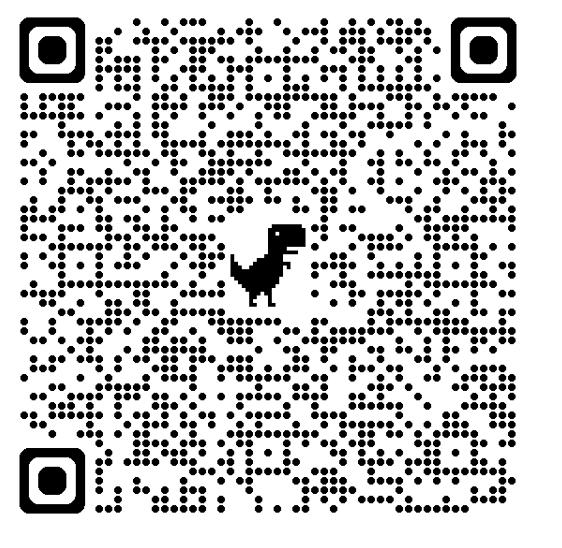

Outcomes for educators rest at the heart of our work in Professional Learning. Through direct coaching, virtual and in-person workshops, and sharing curated resources, our team works to equip educators to integrate place-based education strategies into their practice. An increase in placebased education implementation is associated with a variety of positive outcomes for teachers. These improvements are evident in increased job satisfaction, better relationships with students, and more meaningful community ties.
We continuously collect data to understand these benefits and ensure our Professional Learning programs are effectively contributing to educators' success and well-being. We are committed not only to supporting teachers implementing place-based education, but also to helping foster opportunities for connection and life-long learning as teachers increase both the frequency and quality of place-based instructional approaches.
Sustained wellbeing in the teaching profession is important likely now more than ever We are interested to see how the practice of place-based education positively correlates with key aspects of a teacher’s selfreported well-being

Our most recent data suggests that teachers who are using more placebased education generally report a higher overall sense of well-being across dimensions such as self-efficacy, affect, the quality of teacher-student interactions, and finding meaning in the work that they do. Our team is committed to investigating this relationship with further evaluation.
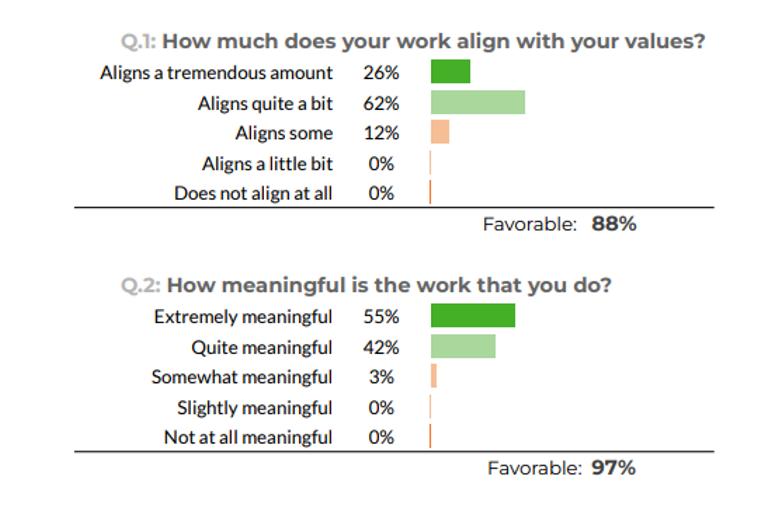
Part of our vision for the future of teaching is that teachers remain in the profession with sustained feelings of positive well-being. This data is helping us better understand how being a part of place-based teaching and learning supports that vision.
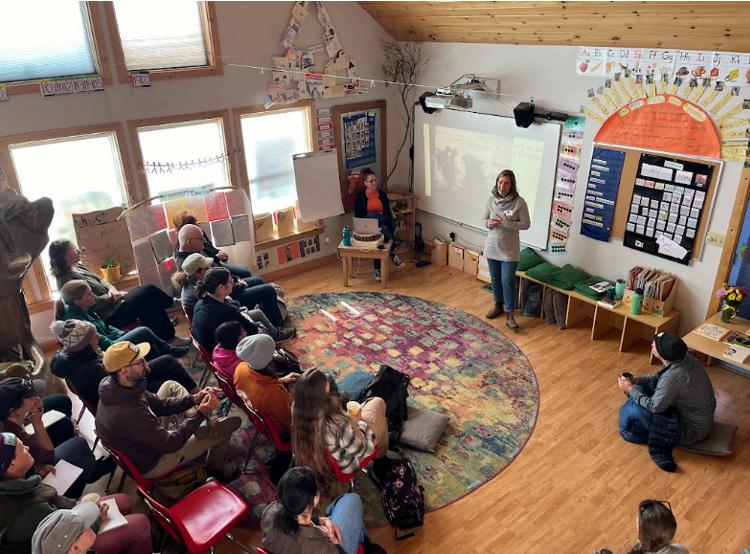
“I think the most engaging workshops are [like this program] those where we engage with adults the same way we engage with children: by providing playful and interactive experiences that give us new feelings and information.” - In Mud 2024 Participant
The 2024 In Mud: Nature-Based Early Childhood Workshop took place at the Teton Valley Campus of the Teton Science Schools. The group discussed and engage with learning environments that support and expand upon children’s curiosities. With our keynote speaker Jen Selbitschka, Director of the Boulder Journey School Teacher Education Program, we considered the classroom environment as a living system an ecosystem, where we participate and thrive together.
In this photo Katie Rose Griffith engages participating educators about how to connect environments, curriculum, and permaculture design in early childhood education. Katie Rose is an In Mud workshop facilitator and educator at Mountain Academy’s Teton Valley Campus.
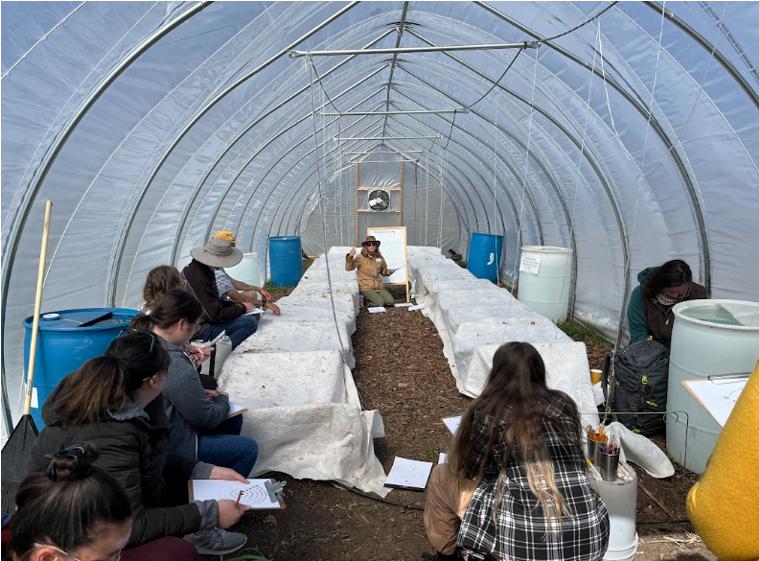
Teton Science Schools’ partner
STEAM in the Park & Expeditions in Education runs teacher workshops in national parks across the U.S. during the summer months.
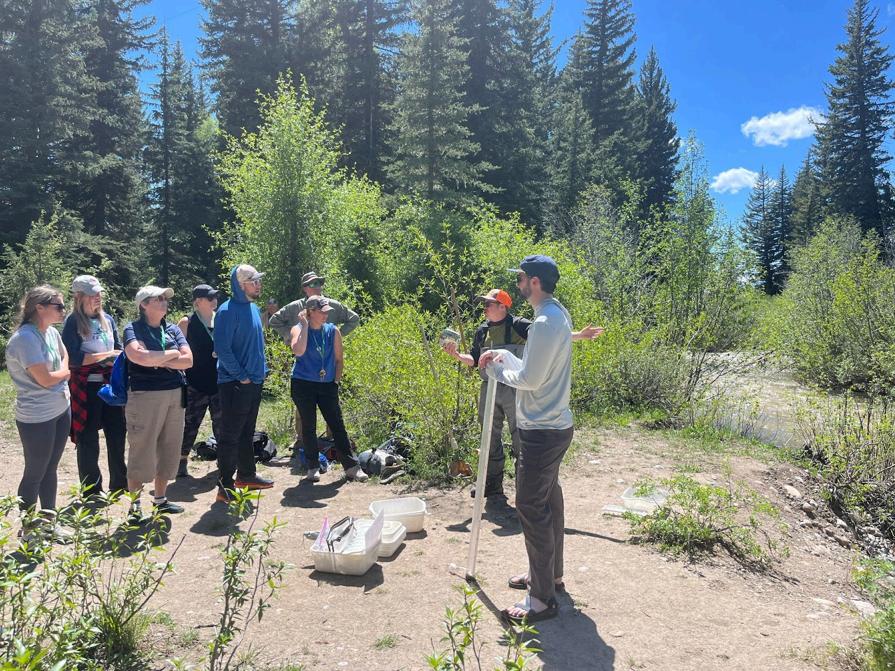
In Summer, 2024, Teton Science Schools and Grand Teton National Park collaborated on STEAM in the Park’s first teacher workshop. The teachers stayed at the Kelly Campus of TSS and participated in one day of programs led by Professional Learning, one day of programs led by Grand Teton National Park Rangers, and additional program time led by STEAM in the Park. We are excited to have them return in 2025 for another summer of collaborative programming.
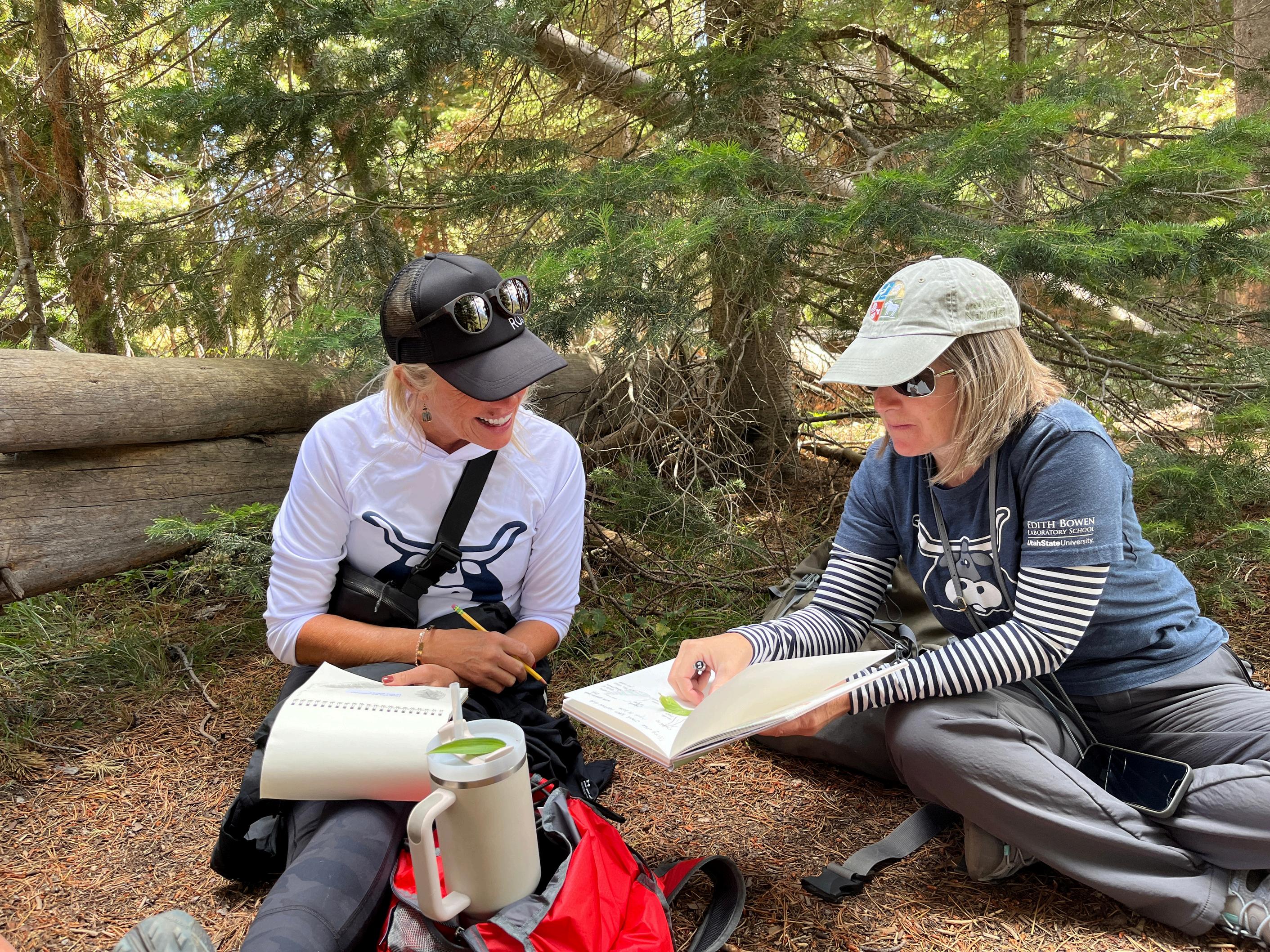
These 24 educator participants came from across the U.S. to learn about place and placebased education in Grand Teton National Park.
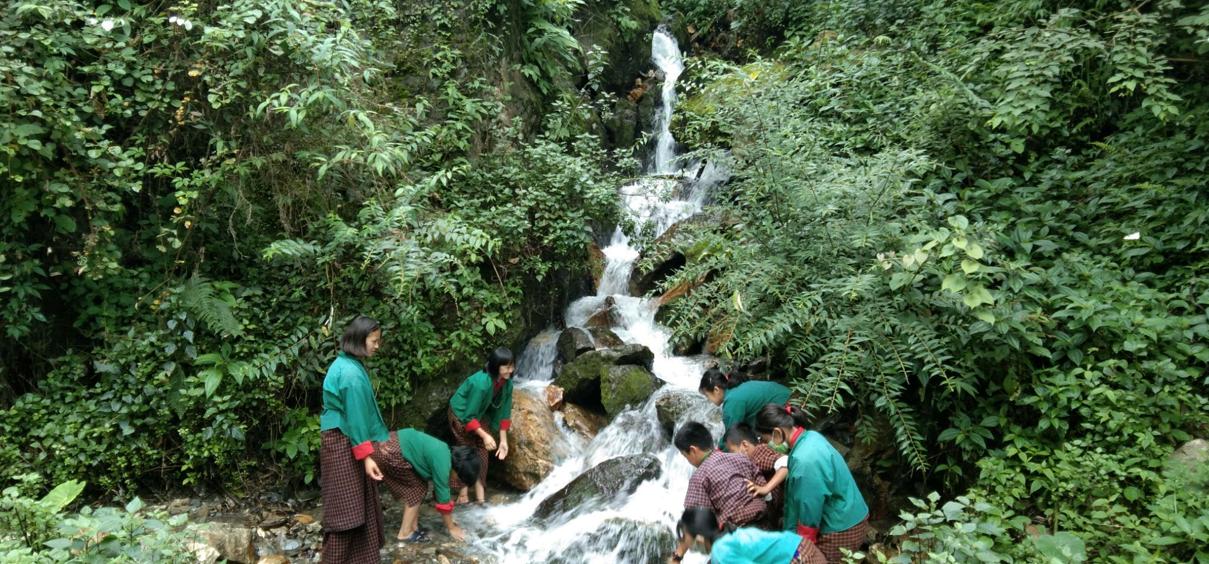
Teton Science Schools collaborated with our partners in Bhutan the Bhutan Youth Development Fund, Ministry of Education and Skills Development, and Samtse College of Education to conduct the International Online Place-Based Education Symposium on March 23, 2024. The goal of the event was to provide a forum for educators from around the world to share innovative teaching strategies and experiences implementing place-based education.
Presentations that won “Best of the Symposium” people’s choice awards included examples of how placebased education connected to multiple subject areas in Bhutanese classrooms. You can find links to the recordings and posters from the Symposium at this QR code -
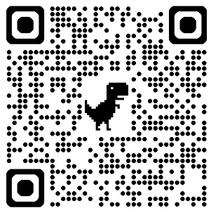
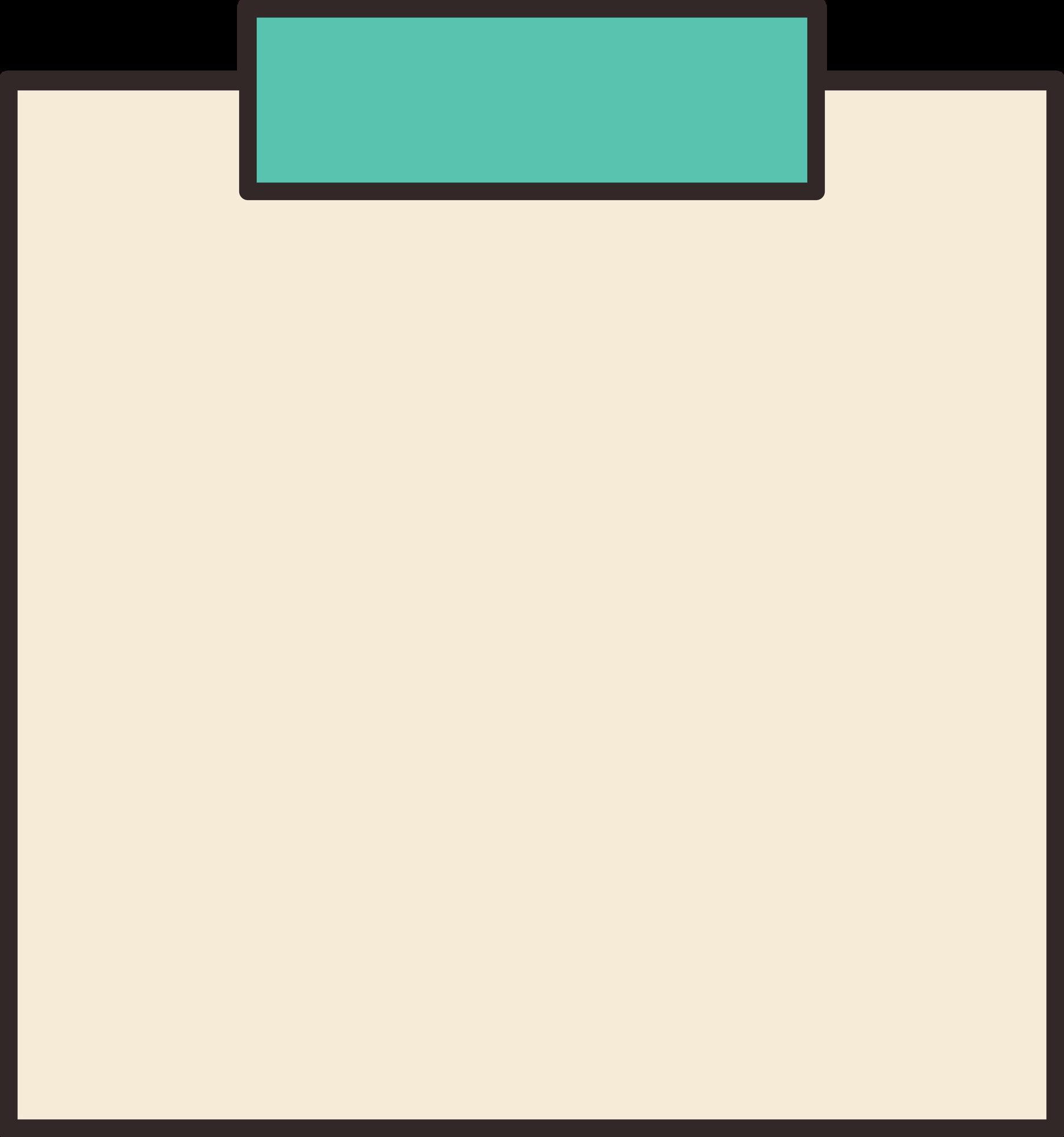
By the numbers:
5 countries represented by the 13 presenters - Bhutan, Canada, Ecuador, India, and USA
6 posters on place-based projects presented by Bhutanese educators
100+ attendees joined the live Symposium

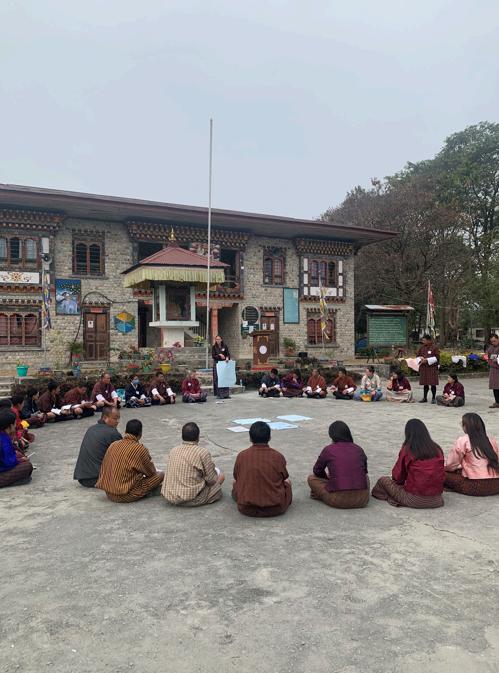
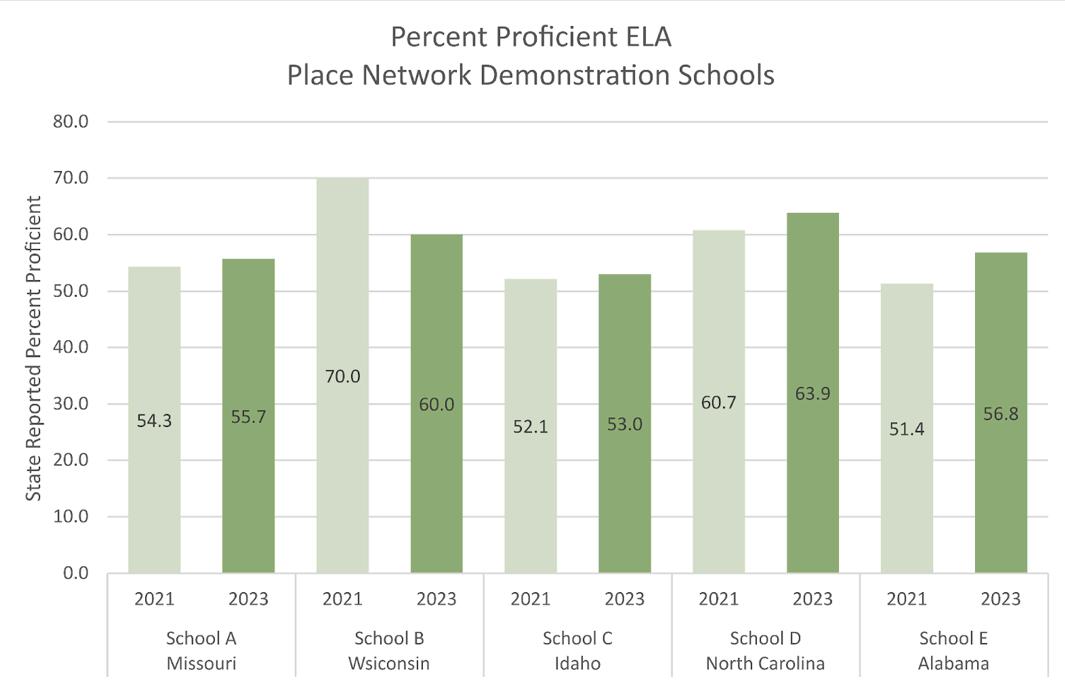
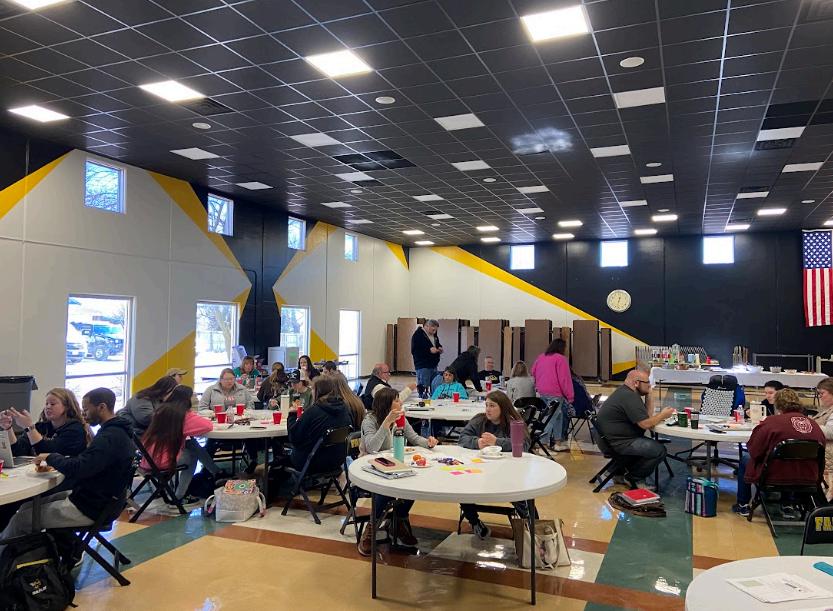
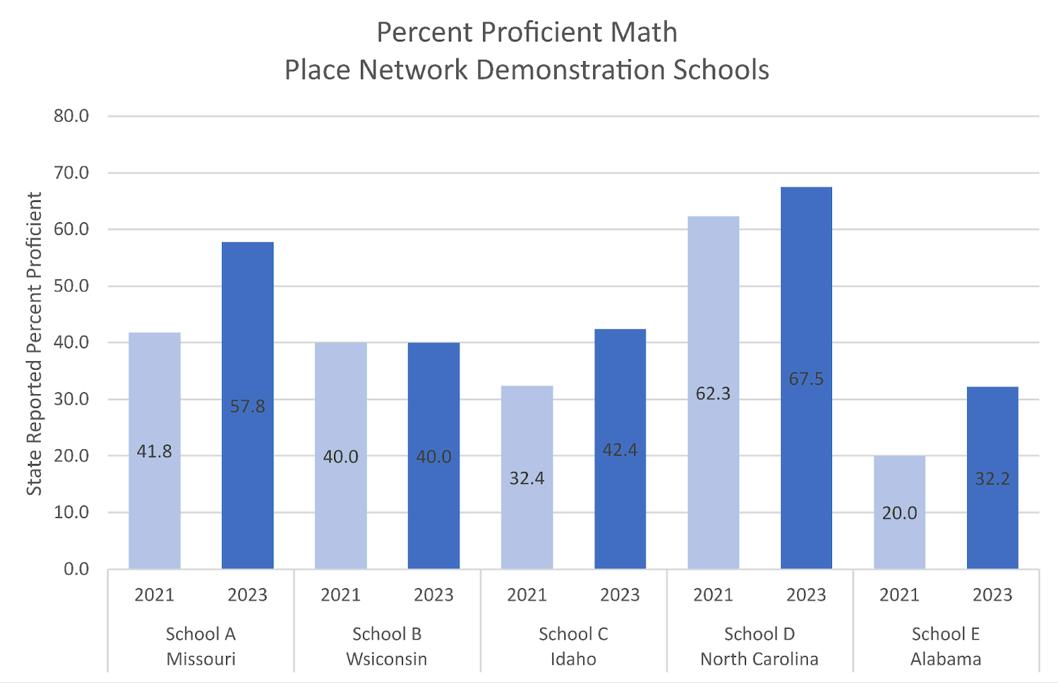
Collective positive outcomes for students and teachers can translate to better outcomes for schools. School leaders play a critical role in building educational ecosystems that can foster and sustain high quality place-based practice. As place-based education implementation expands in schools, leaders and communities are able to see results that matter
The impact of place-based education on test scores is a key concern for many. Our data reveals promising outcomes: all five Place Network Demonstration Schools either maintained or increased the proportion of students achieving "proficient" scores in math. Additionally, four of these schools saw similar improvements in English/Language Arts. The Place Network Learning Framework’s focus on "Integrating Content and Place" is designed to boost student success, illustrating the effectiveness of this approach in supporting academic achievement.
A first-grade student discusses the cost of an item with a kindergarten student “They had ownership in making their products because they got to choose what items to make and how to make them,” explained first-grade teacher Suzanne Schmidt.
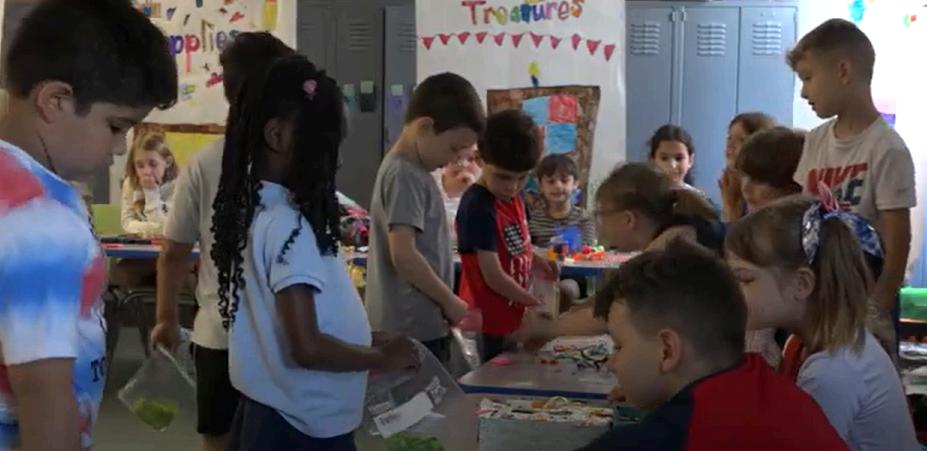
To see a video of this project, please follow this QR code:
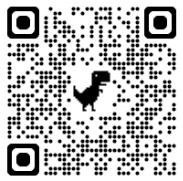

In May 2024, Wohlwend Elementary School's first graders brought economics to life by hosting their own marketplace, where they created and sold goods to kindergartners. This interactive project taught students about key concepts on one leg of the Place Triangle—”economy”—such as goods, services, production, and consumption, while also reinforcing their math skills and social-emotional skills developed over the year.
To spark their curiosity and generate questions, the project kicked off with the students watching a video of a lemonade stand transaction. Teachers used the students’ questions to guide learning throughout the unit—a learner-centered practice. From there, the students collaborated to decide which items to produce, fostering a sense of ownership.
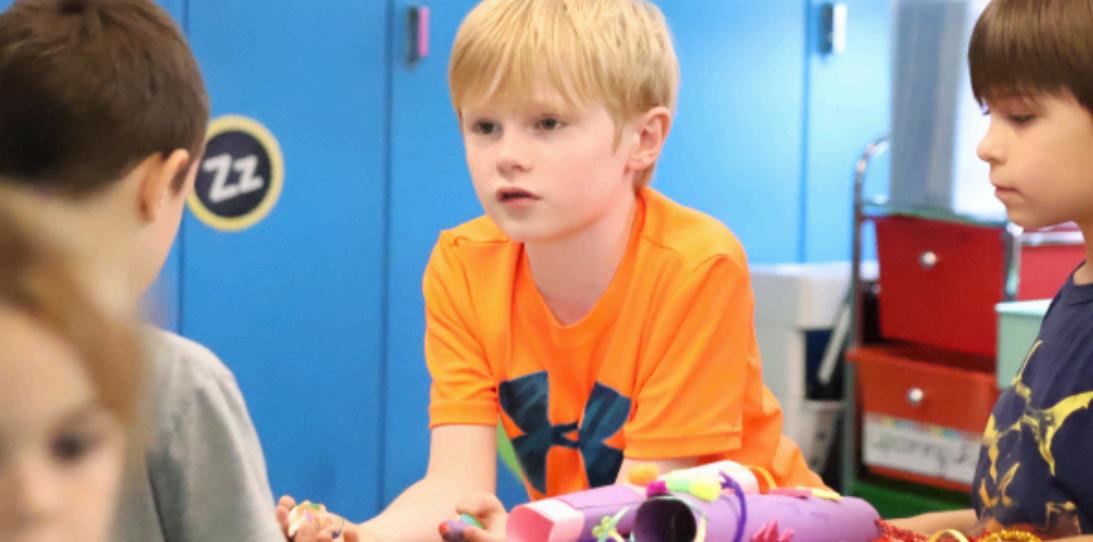

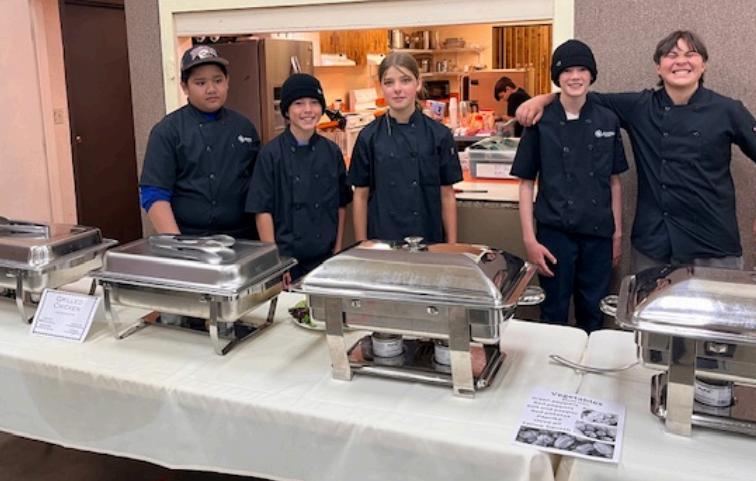
In their inquiry, students interviewed community members, including wildland firefighters, local business owners, and non-profits. Their questions focused on the roles of these organizations, community support, and local needs. After compiling their data into a video, they concentrated on food insecurity and nutrition. They volunteered at a food bank and—recognizing the need—hosted a community feast. Students procured food donations from local distributors and collaborated with the executive chef at Tamarack Ski Resort to prepare a balanced meal for 200 community members. Throughout the process, they developed communication skills, professionalism, nutritional literacy, event planning, and financial skills, earning food handler licenses and fostering a sense of agency to effect positive change.
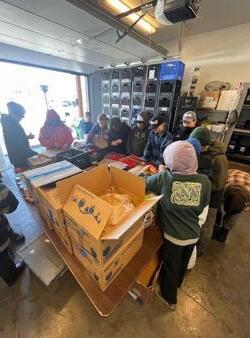
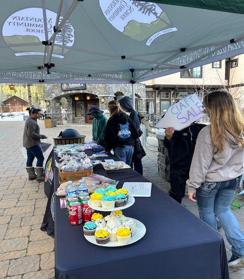
Sixth through eighth-grade students at Mountain Community School began the year with the question, "What makes a community resilient?"
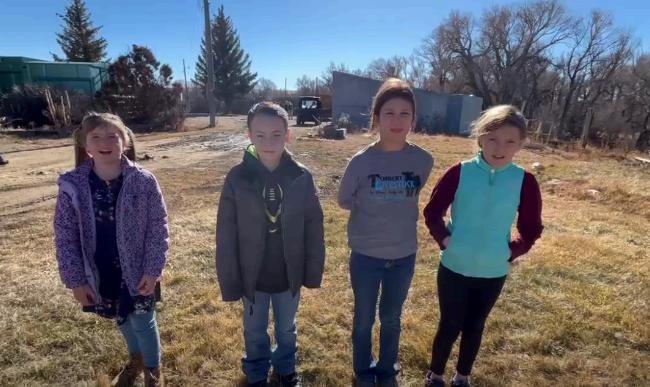
Connecting learning to the community is central to a place-based education approach. By engaging in project-based learning within their own communities, students and teachers contribute to improvements in local economy, ecology, and culture. This approach not only enhances educational outcomes but also fosters positive changes within the community. Although these impacts can be complex and nuanced, case studies offer valuable insights into the broad and meaningful impacts of a place-based approach to teaching and learning.
The partnership between Teton Science Schools, the Rock River School, the University of Wyoming, and the Wyoming Rural Teacher Corps highlights what is possible for community impact and outcomes. This section tells the story of how these partners worked together to have a positive community impact.
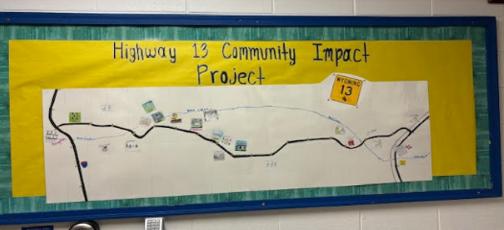

Guided by their teachers, elementary students at Rock River Elementary a small, rural public school in Wyoming undertook a hands-on project to address vehiclewildlife collisions along a nearby state road, Highway 13.
By collecting data, mapping affected areas, and sharing their findings, this class provided valuable insights into reducing harm from these incidents. The community's response, measured through a survey developed with the University of Wyoming, underscores the project’s dual impact: It offers crucial data for informed decisionmaking and fosters a meaningful connection between students and their community.
The students presented their findings to the local school board, which sparked significant local interest, eventually leading to discussions with a state legislator about potential speed limit adjustments on the highway. This engagement illustrates how place-based educational projects not only enhance student learning but also contribute to real-world change.
As part of a broader initiative, schools across the Network are exploring similar projects to address local challenges through place-based learning.
One important finding is that this approach shows promise for strengthening schoolcommunity ties and driving impactful change.

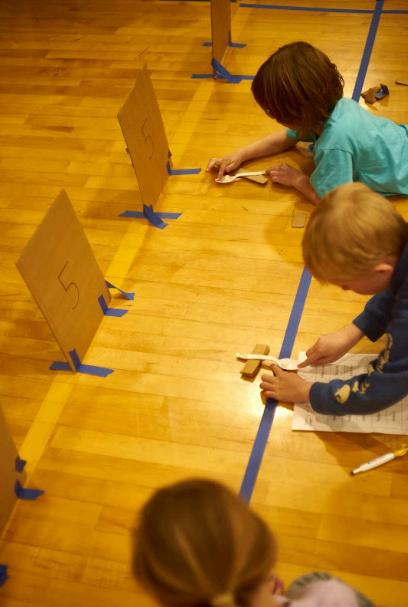
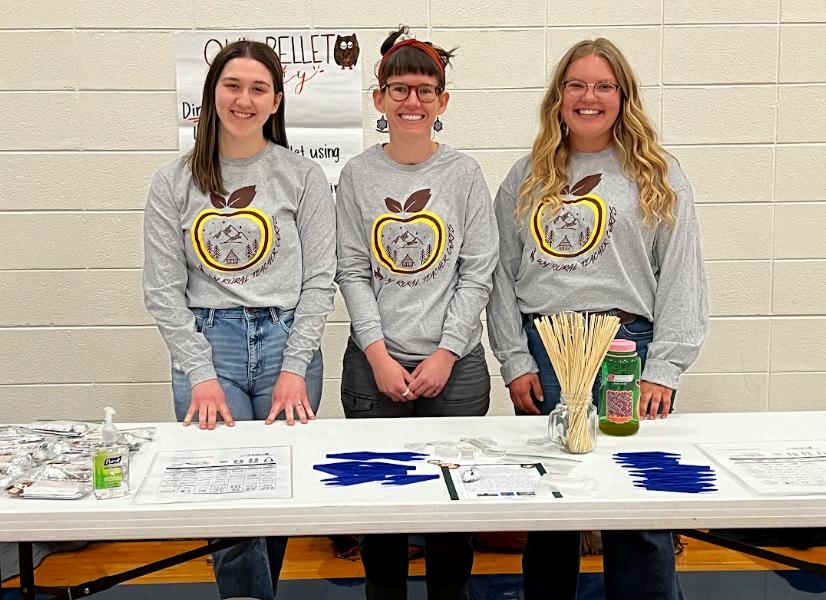
Members of the Wyoming Rural Teacher Corps facilitated the second annual STEM Night event at the Rock River School. The Wyoming Rural Teacher Corps runs in partnership with University of Wyoming (UW) and provides place-based training and support for pre-service teachers to prepare them to teach in rural Wyoming schools and promote teacher retention. Rural Teacher Corps members organized STEM night across other schools in the community. In addition to STEM night, RTC students made presentations in pursuit of a pathway of their own interest. These posters were shared at the capstone fair at the University of Wyoming.
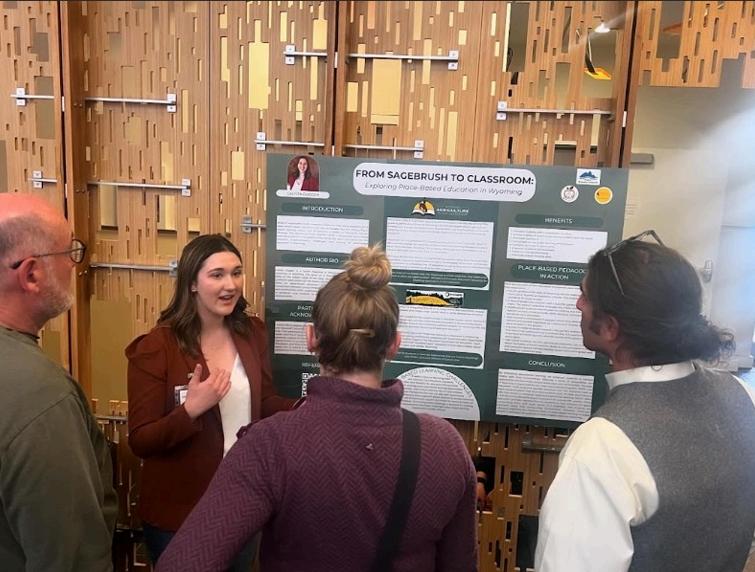

Calista Dugger (Year 2, RTC member) discusses the benefits of placebased education in the classroom in which a curriculum that teaches students about Wyoming’s biggest economic drivers (agriculture, minerals and energy, and agritourism) can increase students’ connection to place.
